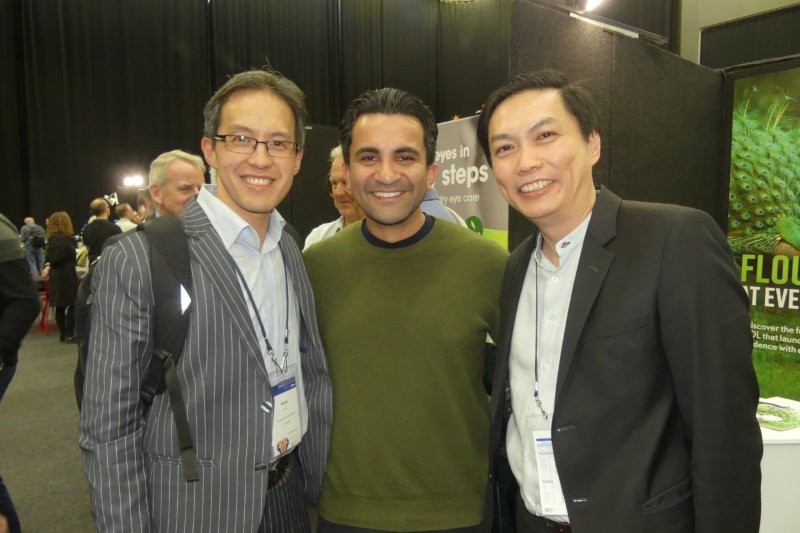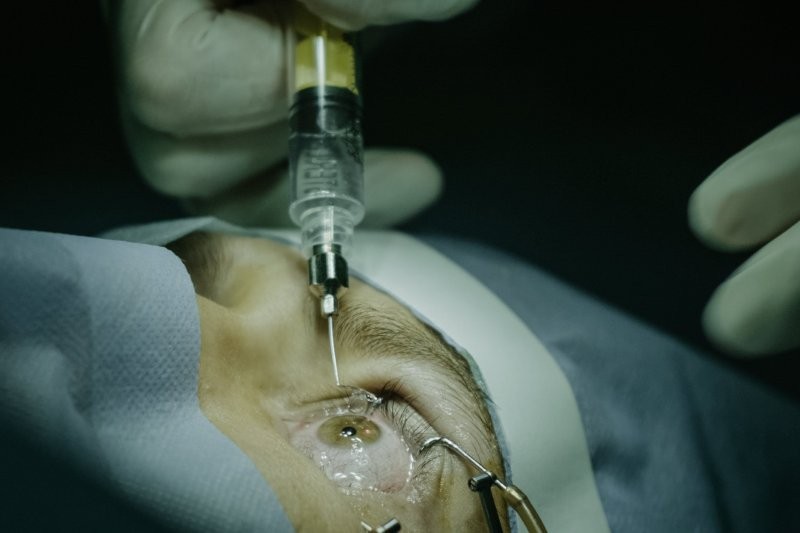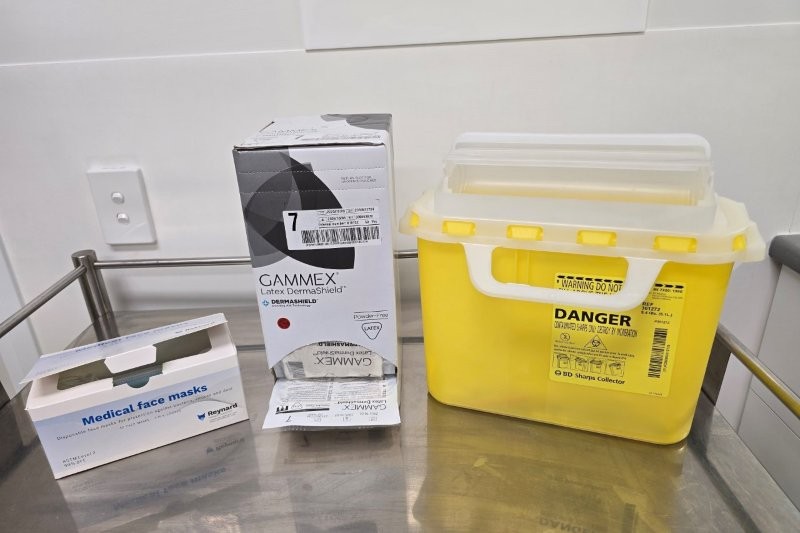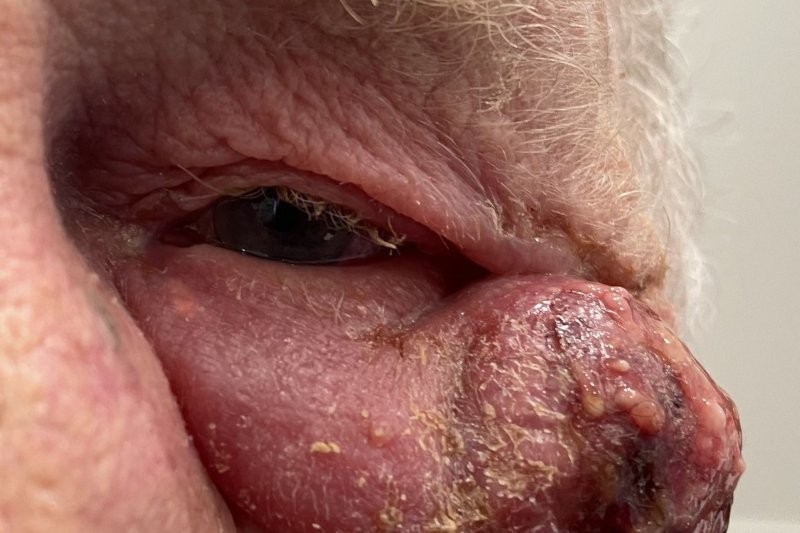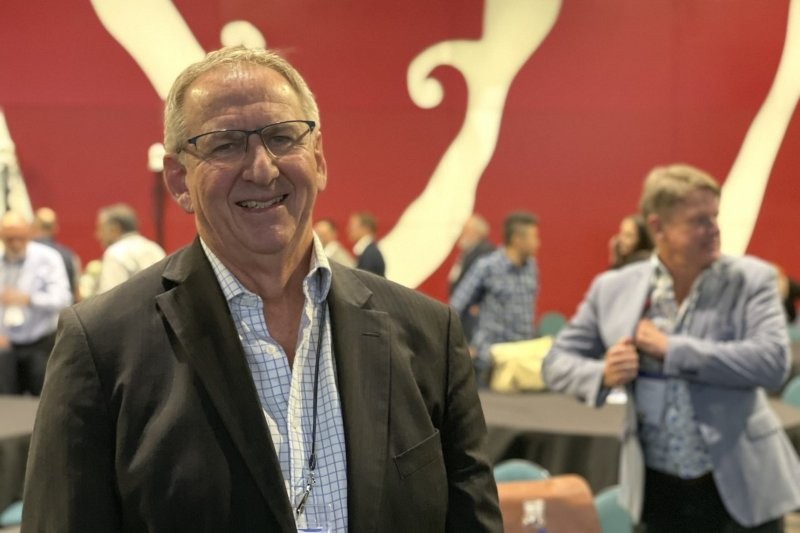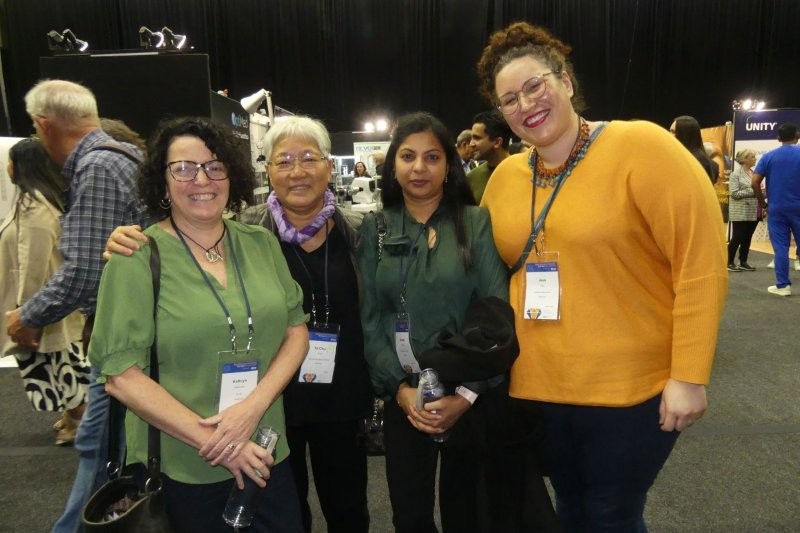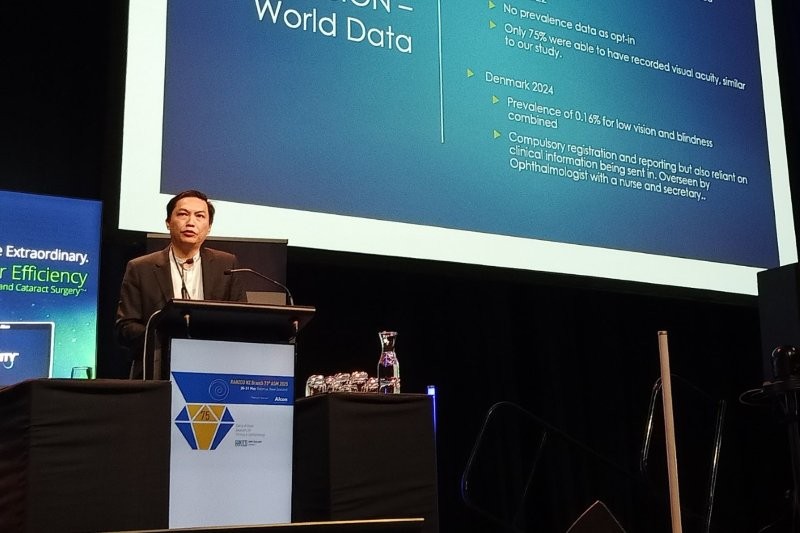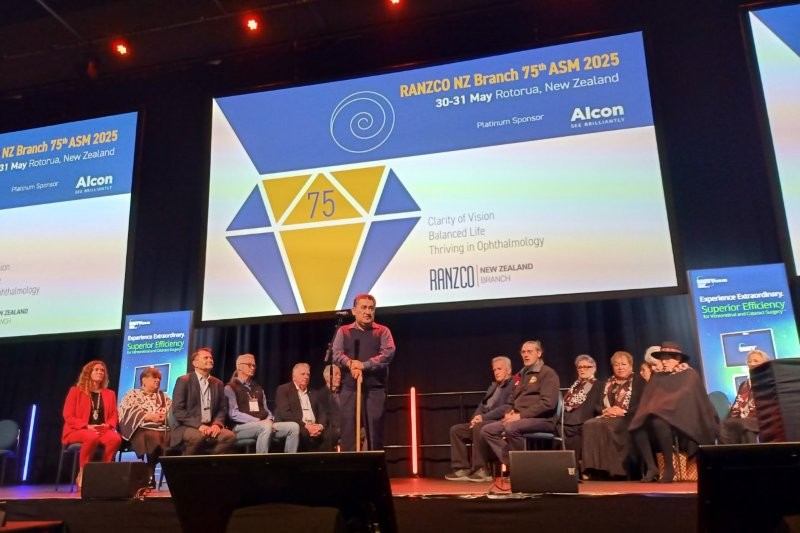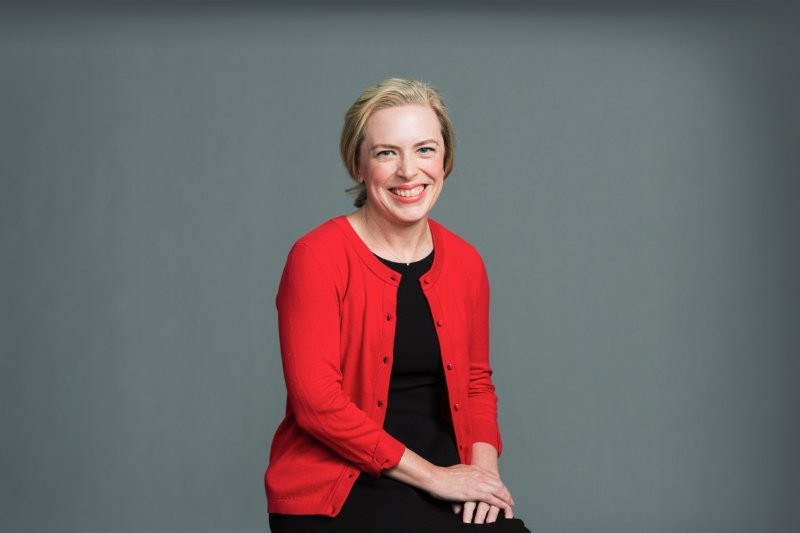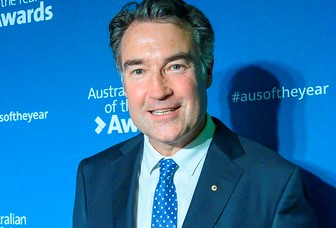Understanding registrars’ wants post-training
With a shortage of ophthalmologists in the regions, RANZCO’s education committee surveyed 23 New Zealand-based ophthalmology trainees and a few recently made fellows to understand what mattered to them after they completed their training. Presenting the results at the RANZCO NZ 2025 conference in Rotorua, Dr Cheefoong Chong, director of training for RANZCO NZ, said the survey provided some interesting insights.
Perhaps unsurprisingly, one of the most important factors influencing which location they’d like to live in after they qualify was access to New Zealand’s natural resources, including beaches, hikes, biking and other outdoor pursuits. “It’s why many of us are here,” said Dr Chong. Raising an appreciative laugh from the audience was the least important factor: proximity to ‘nightlife, culture and events’. Also important for most was proximity to family and the ability to practise their desired subspeciality, while city amenities and on-call rosters were of little consequence. Real estate affordability was pretty evenly split between those who thought it was important and those who didn’t.
By far and away the most important factor for selecting which practice or hospital to work in, however, was theatre access, said Dr Chong. “So if you want to retain or attract trainees to come and work in your hospital, theatre access is really important.”
Currently about 80% of ophthalmologists work in urban areas in New Zealand, but 43% of the trainee cohort surveyed said they found working in a regional centre most appealing. This suggests RANZCO NZ’s current selection criteria, intended to attract more ophthalmologists to the regions, is working, said Dr Chong, but it’s what happens during and towards the end of their training that can upset this balance.
Firstly, trainees’ income expectations for their first five years are greater than $200,000 per year, which is the maximum a medical officer in the public sector earns in their first five years. “This implies that everyone wants to do some form of private practice from their first year,” said Dr Chong. Additionally, 74% of trainee ophthalmologists want to practice as a primary sub-specialist after they graduate, which is not compatible with being a generalist ophthalmologist in the regions, he said. “As fellows of the College, it is really important for us to highlight the importance of being a well-rounded generalist rather than a sub-specialist. Yes, we do need super sub-specialists but we need more generalists.”
Most also want a mix of public and private practice, with just over 50% saying they’d like to spend more than 50% of their time in private practice in their first five years, while working in a group practice was seen as far more attractive than working solo. “Interestingly, none of our trainees wanted to work for a corporate,” said Dr Chong. “They either want to be a part-owner or an employer or they want to go solo.” Finally, all envisaged training or supervising others as part of their future careers, while more than 80% also hoped to be involved in research, he said. “This is just a snippet of what our registrar cohort thinks about what they want to do in the future… but I hope it brings some insight to us as fellows as to where we can improve in delivering quality education.”









